How Often Should You Schedule System Checks for Your RV?
Regular system checks are crucial for maintaining your RV’s safe and efficient operation. Whether you’re a weekend traveler or a full-time RVer, timely inspections help prevent costly breakdowns and extend the life of your vehicle.
Why System Checks Are Essential for Your RV
RVs are more complex than regular vehicles. In addition to the engine and drivetrain, they include plumbing, electrical systems, HVAC units, propane lines, and more. Without routine system checks, small issues can turn into expensive repairs or dangerous situations on the road.
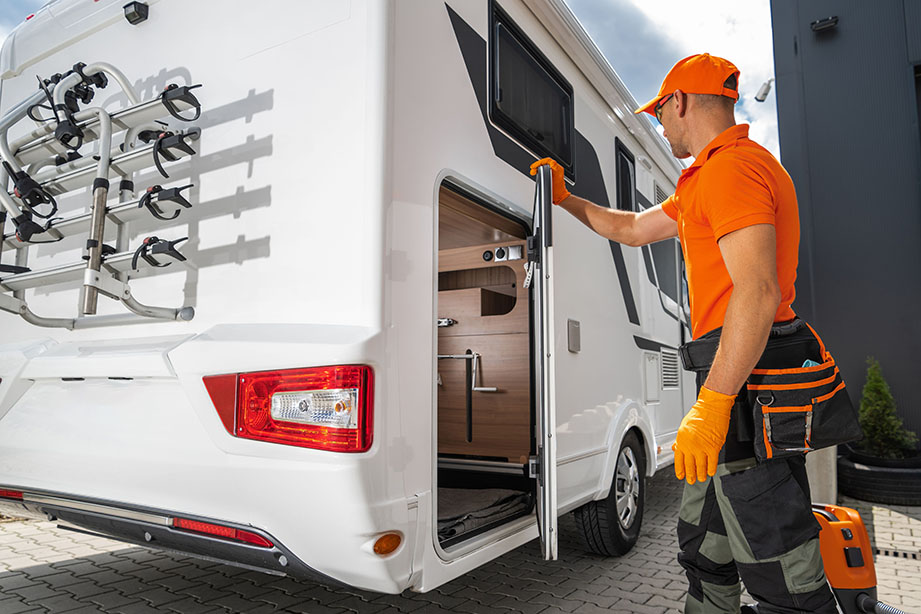
Recommended Timing for RV System Checks
Monthly System Checks
Some system checks should be done monthly, especially if you use your RV frequently:
- Battery levels and charge
- Tire pressure and condition
- Propane levels and connections
- Leaks or water damage in the roof and windows
These quick inspections can help you identify early signs of wear or malfunction before they develop into major issues.
Seasonal System Checks
Every 3–6 months, perform a deeper system check:
- Inspect brakes and suspension
- Test all appliances for proper operation
- Check HVAC and air filters
- Flush and sanitize water systems
Doing these checks at the start or end of a season helps keep your RV road-ready.
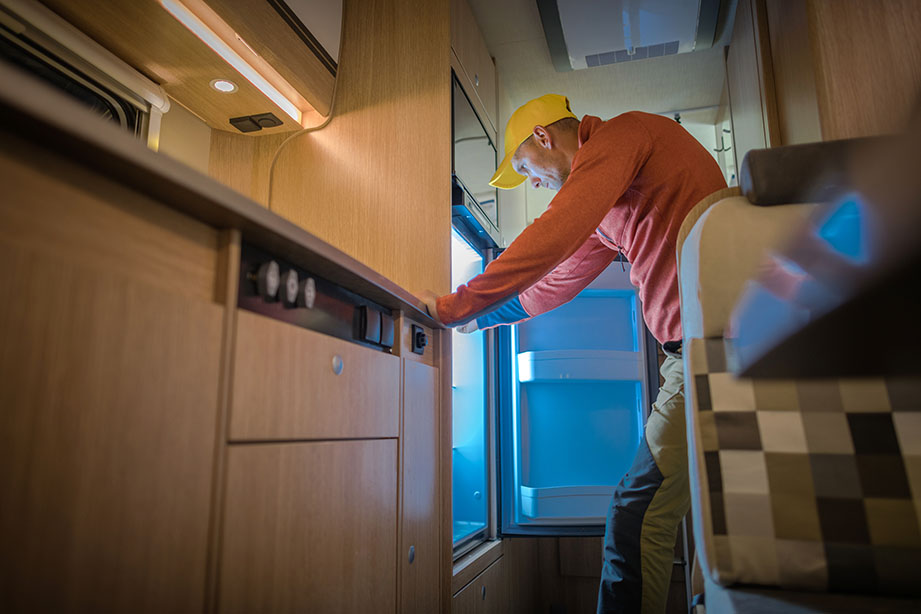
Annual System Checks
Once a year, schedule a professional inspection to cover areas that require technical tools and expertise:
- Full engine diagnostics
- Roof seals and resealing if needed
- Electrical system testing
- Generator maintenance
An annual check ensures your RV is in top shape for long trips and prevents unexpected problems down the line.
System Checks Before and After a Trip
Don’t forget to do system checks both before and after every trip. Before leaving, check:
- Tire pressure and tread
- Lights and turn signals
- Propane and water tanks
- Slide-outs and awnings
After your trip, check for damage, leaks, or items that may have come loose. These checks help you stay safe and reduce stress on the road.
Professional vs. DIY System Checks for Safety
While RV owners can do many system checks themselves, some critical areas should be handled by certified professionals, especially when it comes to:
- Generator issues
- Electrical wiring
- Brake system repairs
- Propane leak detection
If you’re unsure about how to inspect certain components, it’s always best to rely on a trained RV service technician.
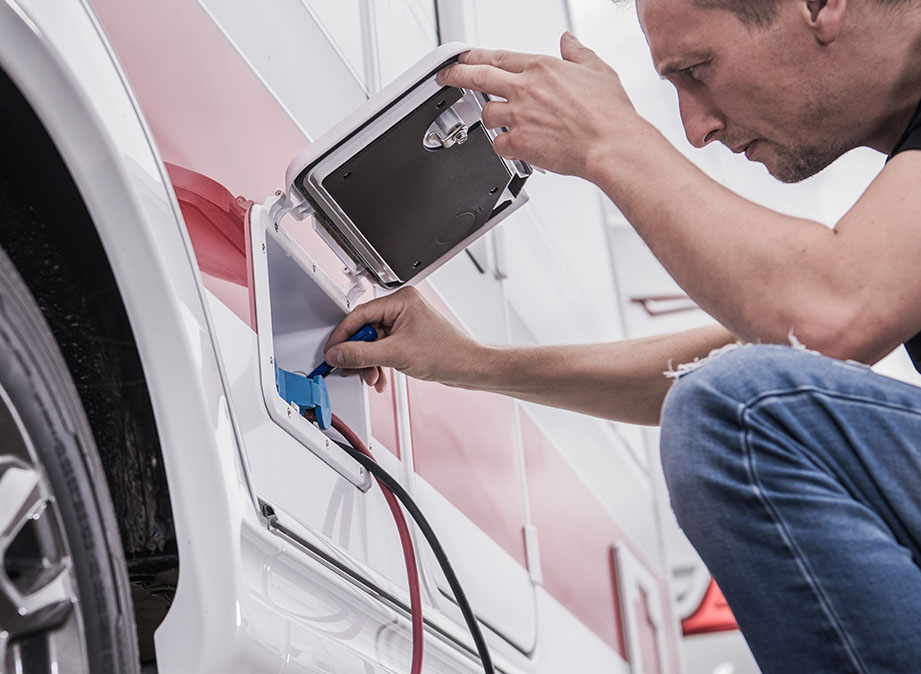
Keep Your RV Running Strong with Routine System Checks
Routine system checks are the key to enjoying safe, efficient, and worry-free adventures in your RV. Stick to a monthly, seasonal, and annual schedule to avoid unexpected breakdowns and costly repairs.
Ready for your next RV adventure? Contact us to schedule a system check with our expert service team today. For more tips, maintenance guides, and expert advice, visit our CMC Truck & RV Inc blog.
Latest Post
-
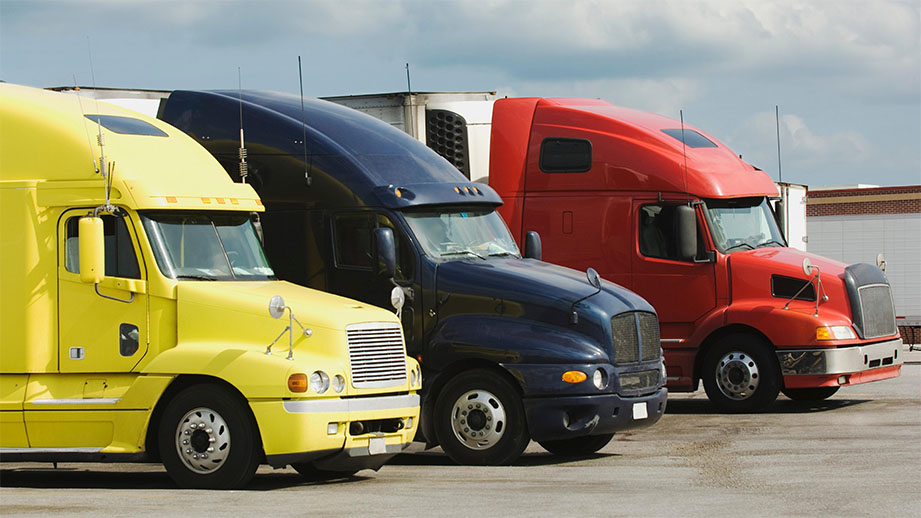 Mistakes to Avoid When Buying from Trailer Truck Dealership
Mistakes to Avoid When Buying from Trailer Truck Dealership -
 How Often Should You Schedule System Checks for Your RV?
How Often Should You Schedule System Checks for Your RV? -
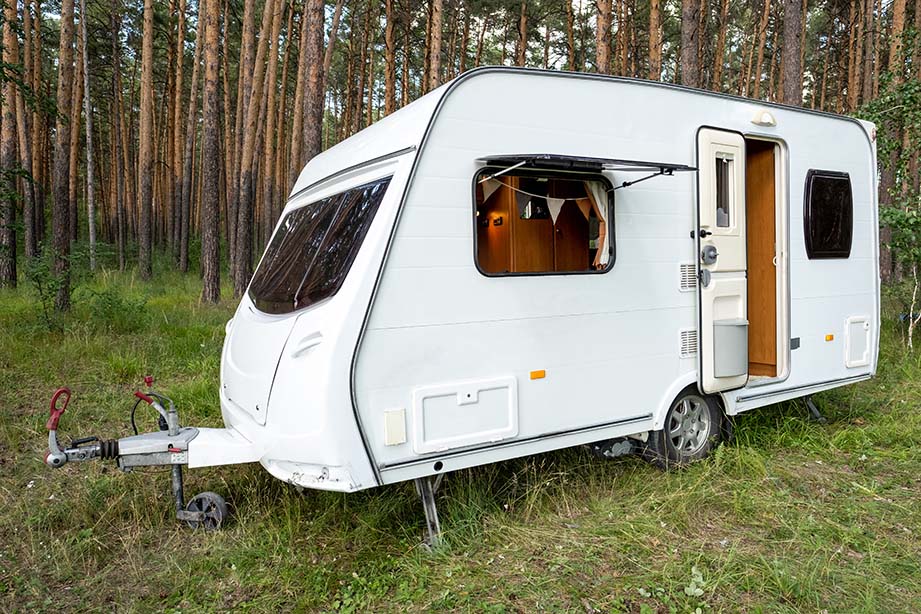 How to Choose the Right Size Travel Trailer for Your Needs
How to Choose the Right Size Travel Trailer for Your Needs -
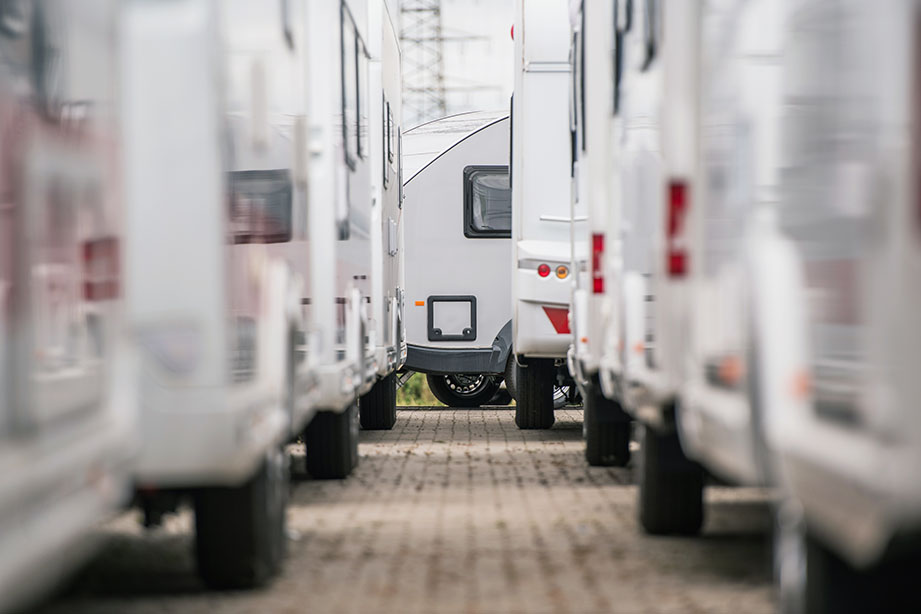 RV Dealership Myths Debunked: What Buyers Should Know
RV Dealership Myths Debunked: What Buyers Should Know -
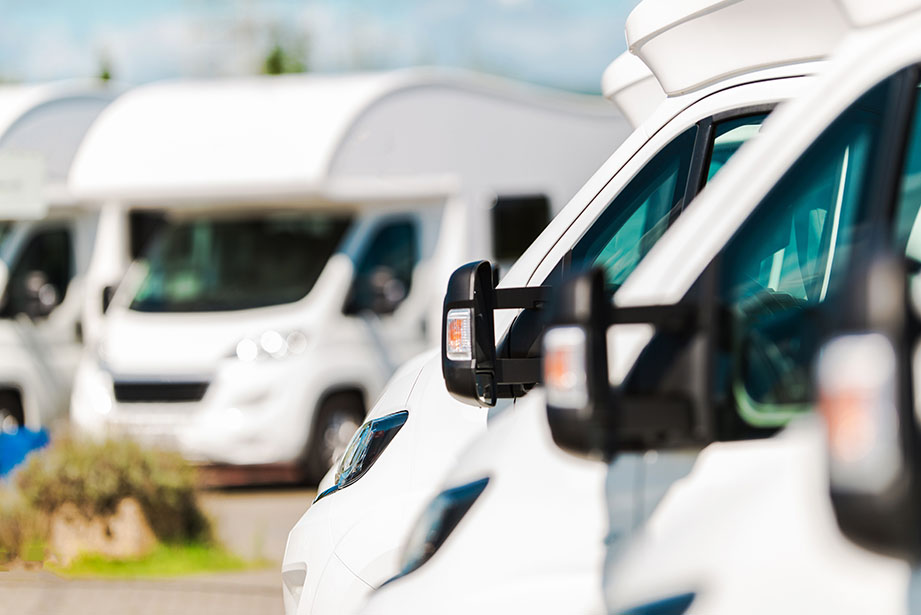 Questions to Ask an RV Dealer Before Buying Your RV
Questions to Ask an RV Dealer Before Buying Your RV -
 RV Sales Financing: How to Get the Best Loan Rates
RV Sales Financing: How to Get the Best Loan Rates